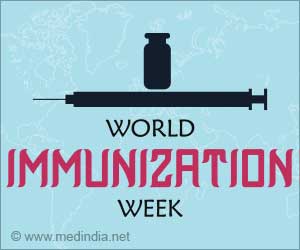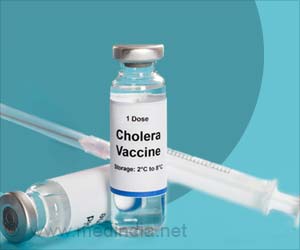
‘Esmolol-epinephrine combination when given in the ratio of 15:1, esmolol-cardioprotection and epinephrine mediated hemodynamic activity exist at a time during myocardial ischemia and reperfusion injury.’
Read More..Tweet it Now
However, recent studies have raised doubts about the benefit of epinephrine regarding neurological outcomes in cardiac arrest. Moreover, epinephrine use in the stabilization of a cardiogenic shock in post-myocardial infarction patients has been found to increase the incidence of refractory shock.Read More..
In fact, beta-adrenergic receptor stimulation has been suggested to have deleterious effects as stimulation of this pathway increases oxygen consumption and reduces sub-endocardial perfusion. In contrast, esmolol, a cardio-selective £]1-blocker, has been shown to provide cardioprotection after myocardial ischemia in animal and human studies.
Comparing different esmolol doses in combination with epinephrine in a mouse model of myocardial infarction, Eckle’s team demonstrated that at a specific esmolol-epinephrine ratio (15:1), esmolol-cardioprotection and epinephrine £]1 mediated hemodynamic activity can both simultaneously exist during myocardial ischemia and reperfusion injury.
"These findings might have implications for current clinical practice in the treatment of patients with cardiogenic shock or cardiac arrest", says Eckle. "In fact, a cardiogenic shock after myocardial ischemia disallows the use of esmolol due to hemodynamic instability." Interestingly, a definite recommendation for a specific catecholamine regimen in cardiogenic shock is lacking.
Combination therapy of epinephrine with esmolol seems less intuitive in cardiogenic shock after myocardial ischemia according to the research; higher esmolol doses could compromise epinephrine mediated increases of cardiac output via £]1 adrenergic receptor inotropic and chronotropic effects, or higher epinephrine doses could compromise esmolol mediated cardioprotection via £]1 adrenergic receptor blockade.
Advertisement
"This finding is novel and highlights that esmolol cardioprotection is not fully understood," says Eckle. Having increased heart rates, which is £]1 mediated, and at the same time seeing cardioprotection via esmolol £]1 blockade, indicates that only a part or short-term blockade of £]1 receptors is necessary for the salutary effects of esmolol in myocardial ischemia and reperfusion injury.
Advertisement
Source-Eurekalert










